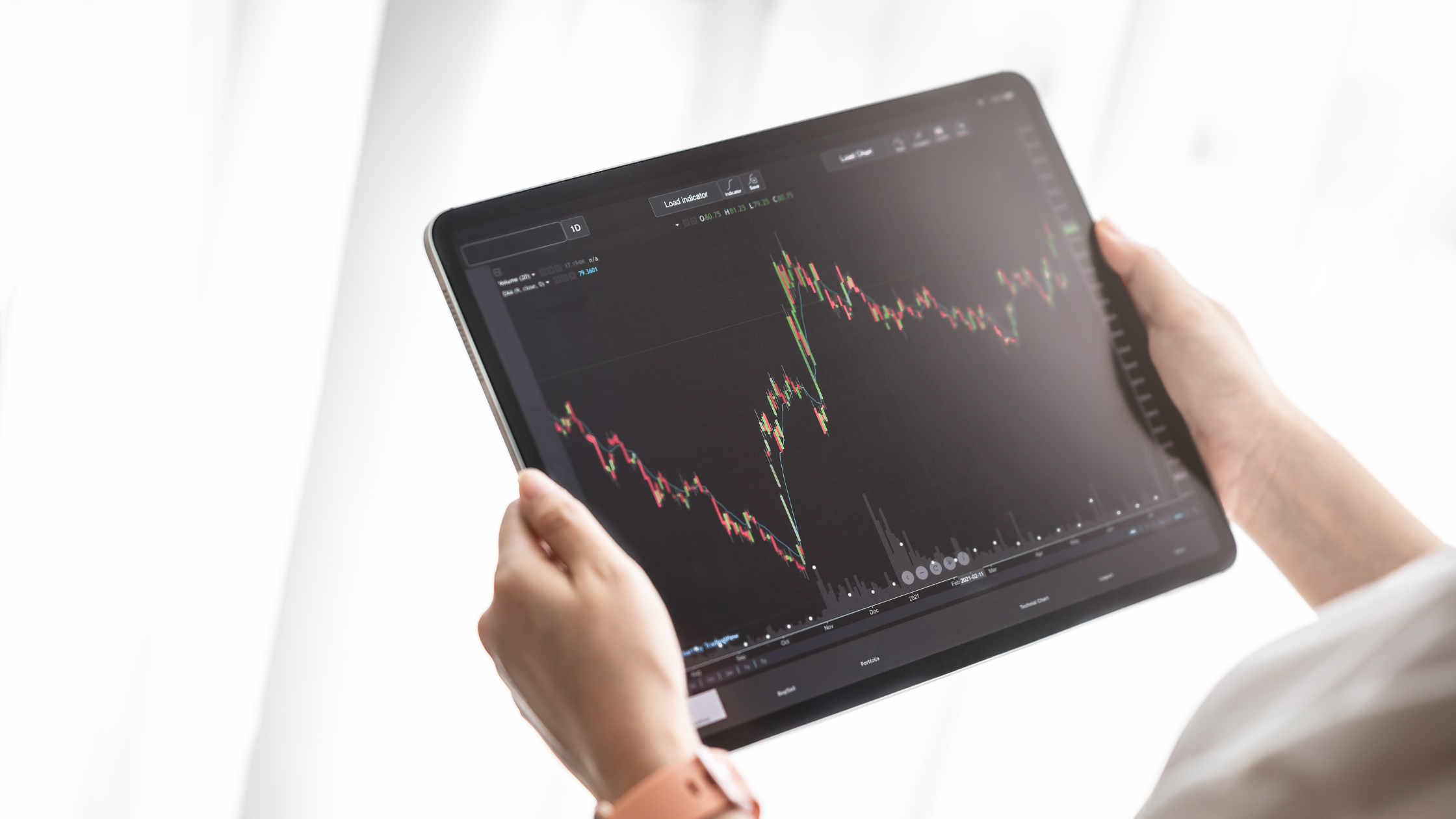The escalating conflicts between Iran and Israel necessitates a reassessment of geopolitical risks by the investment community, including those in Singapore. The direct confrontation, a departure from previous proxy engagements, significantly escalates the conflict following Iran’s strike on Israel in what Tehran describes as retribution for an attack on its embassy in Syria. Although Iran said that its attack in retaliation for the bombing of its embassy in Syria has “concluded” the phase of tit-for-tat aggression, Israel has reserved the right to strike back. This could prompt a ‘risk-off’ sentiment, leading to a shift away from riskier assets to safer ones and potentially increase volatility in the financial markets, affecting investment portfolios. Therefore, Singaporean investors will need to be ready to adjust their strategies based on the evolving geopolitical landscape.
Within Singapore’s economic landscape, investors should note that several players in the real estate investment trust (REIT) sector are slated to announce their business updates for first quarter (Q1) of 2024. Earnings result for Sabana REIT (SGX:M1GU) kick off early this week, followed by Keppel Pacific Oak US REIT (SGX:CMOU), CapitaLand Integrated Commercial Trust (SGX:C38U), and Keppel DC REIT (SGX: AJBU). These updates will help investors assess S-REITs amidst key risks such as downside risk on asset values, debt repricing, and rising operating costs. Investors should pay attention to both financial metrics and qualitative insights shared by management.
In terms of Singapore’s economic data, the Singapore’s March non-oil domestic exports (NODX) and Balance of Trade figures will provide a snapshot of Singapore’s export performance and trade balance. Investors could note that the official growth forecast for NODX in 2024 is between 4% and 6%. Meanwhile, Singapore recorded a trade surplus of S$5.97 billion in February 2024.
Beyond Singapore’s shores, the United States (US) and China’s retail sales data for March this week will offer insights into consumer sector vitality, affecting Singaporean exporters. Both retail sales in US and China have seen an increase in February 2024. Additionally, March industrial production data from both countries will highlight manufacturing trends. US industrial production in Feb 2024 marked a rebound, while China industrial production showed the fastest expansion in industrial output in almost two years.
The Energy Information Administration (EIA) Crude Oil Stock Change report is also interesting to get insights into oil market dynamics, which can influence global oil prices and energy-related investments in Singapore. The EIA expects the Brent crude oil price will average US$82/barrel in 2024 and US$79/barrel in 2025, compared with its 2023 average of US$82/barrel.
Meanwhile, China’s gross domestic product (GDP) growth rate for Q1 is crucial data for China’s economic health. A strong Chinese economy can have positive spillover effects on the global economy, including Singapore, due to trade and investment linkages. Based on a Reuters poll, China’s economy likely grew 4.6% in Q1 2024.
Federal Reserve officials’ speeches throughout the week will show guidance on potential rate cuts in 2024. For instance, if the officials express concerns about inflation or economic growth, this could signal that they are leaning towards cutting rates to stimulate the economy. On the other hand, if they express optimism about the economy and downplay inflation risks, this could suggest that they see less need for a rate cut. The Iran-Israel conflict, which can impact oil prices, inflation, and economic stability, could be a topic of discussion in these speeches.
As Singapore navigates through pivotal events such as REITs earnings, trade data and central bank actions this week, each event offers valuable insights into Singapore’s economic resilience and adaptability. Staying vigilant and responsive to market shifts will be key for investors and policymakers alike, ensuring Singapore’s continued stability and prosperity in the face of evolving challenges.
Disclaimer: ProsperUs Manager of Content Hailey Chung doesn’t own shares of any mentioned companies.









